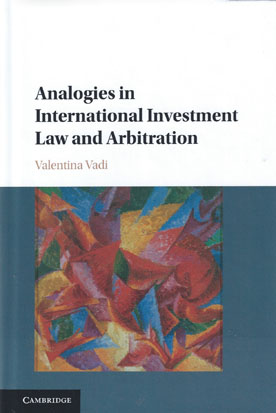
Although investment treaty arbitration has become the most common method for settling investor-state disputes, some scholars and practitioners have expressed concern regarding the magnitude of decision-making power allocated to investment treaty tribunals.
Many of the recent arbitral awards have determined the boundary between two conflicting values: the legitimate sphere for state regulation in the pursuit of public goods, and the protection of foreign private property from state interference.
Can comparative reasoning help adjudicators in interpreting and applying broad and open-ended investment treaty provisions? Can the use of analogies contribute to the current debate over the legitimacy of investor-state arbitration, facilitating the consideration of the commonweal in the same? How should comparisons be made? What are the limits of comparative approaches to investment treaty law and arbitration?
This book scrutinises the impact a comparative approach can have on investment law, and identifies a method for drawing sound analogies.